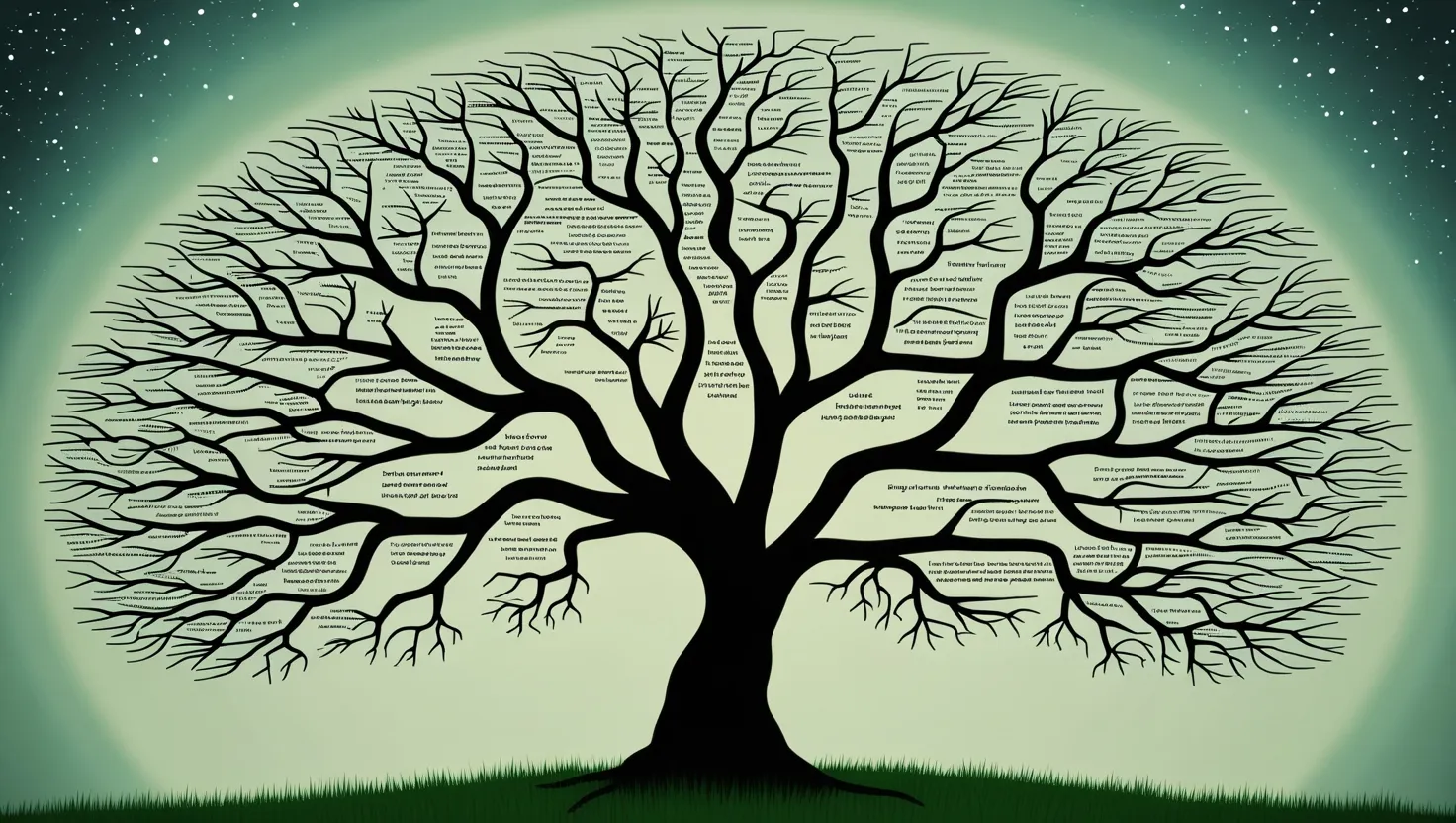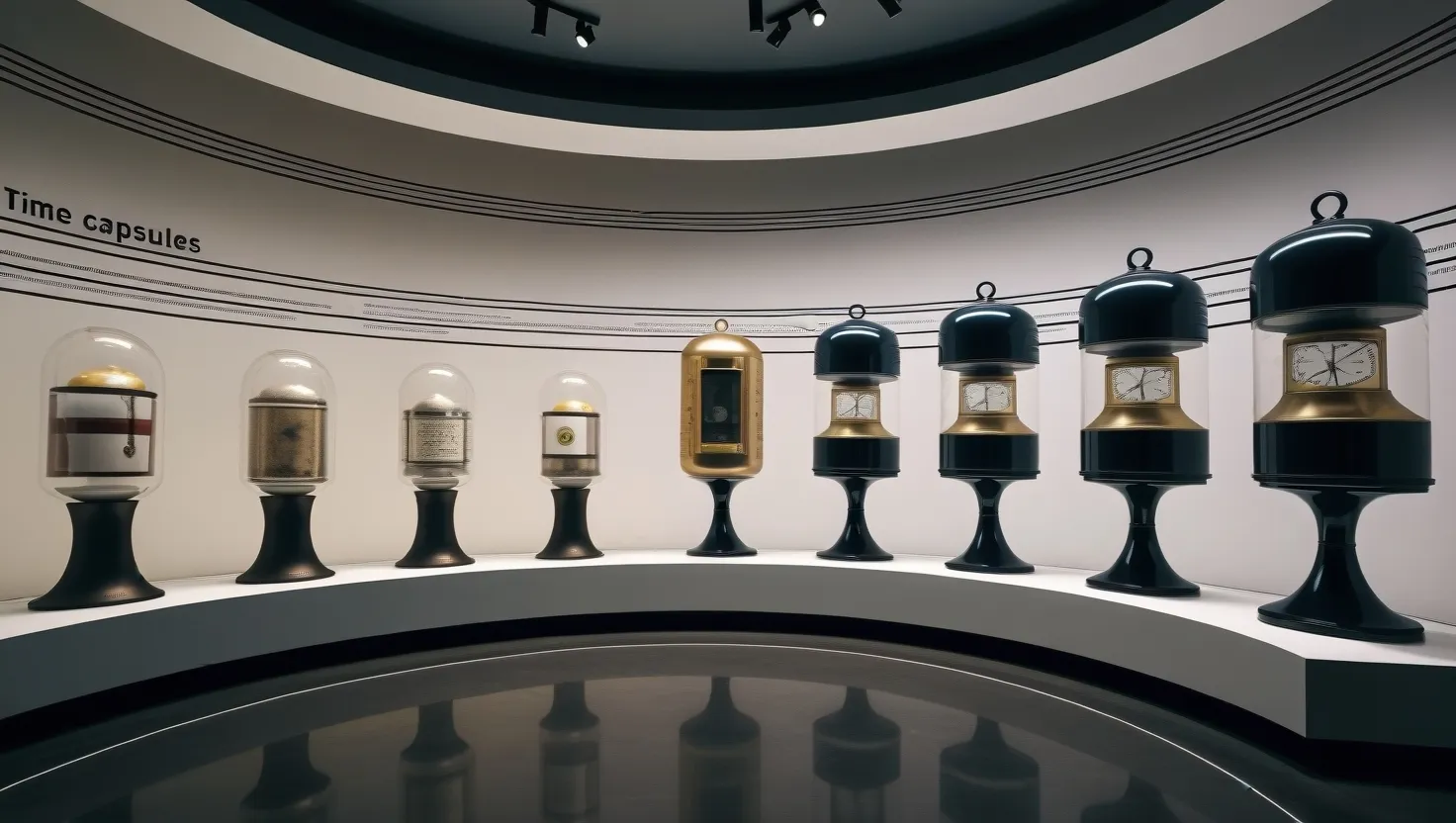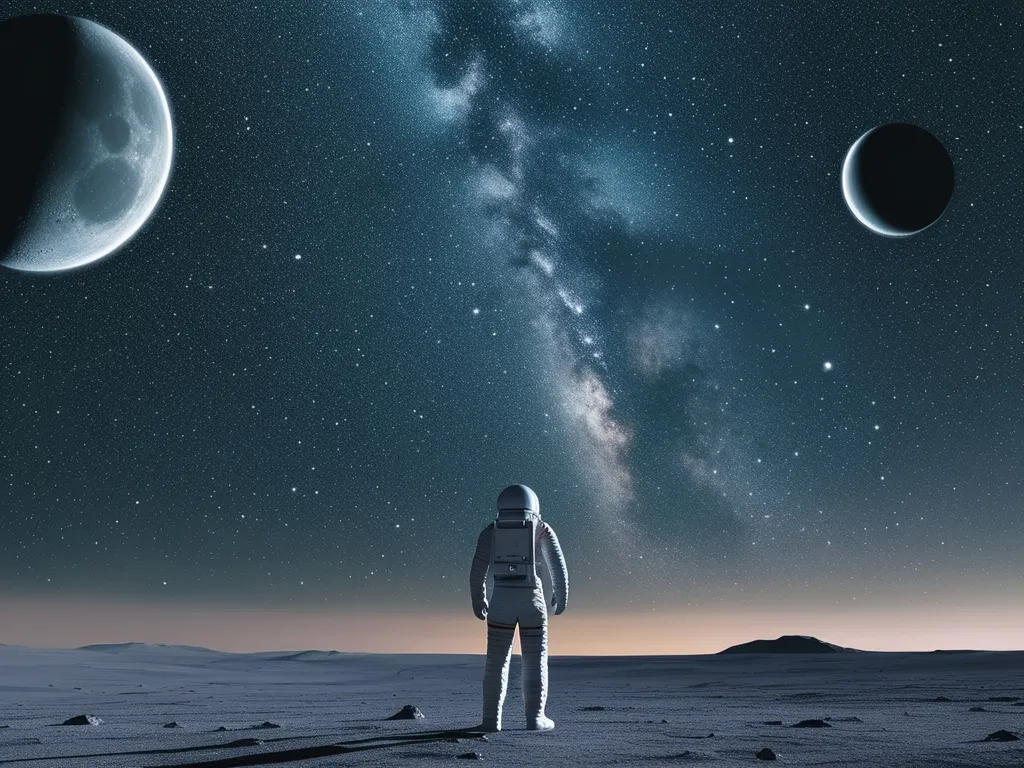Have you ever wondered if the decisions you make and the thoughts you think could be creating entire new universes? This idea, rooted in the many-worlds interpretation of quantum mechanics, suggests that every conscious decision we make could be spawning new parallel universes, essentially turning our minds into reality generators.
To understand this concept, let’s delve into the basics of quantum mechanics. In this realm, the world is not a fixed, definite place but rather a haze of possibilities. Every time a decision or event occurs, the universe splits into multiple branches, each representing a different outcome. This theory, proposed by Hugh Everett in 1957, implies that all possible outcomes of a quantum event actually occur in separate universes.
Imagine throwing a dart at a dartboard. In our everyday experience, the dart hits one spot. But in the many-worlds interpretation, the dartboard splits into multiple sections, each representing a different spot where the dart could land. This means that for every possible outcome, there is a universe where that outcome occurs.
Now, let’s apply this to our thoughts and decisions. Every time you decide whether to wear blue or red socks, or whether to take the bus or drive to work, you might be creating a new universe for each choice. This idea is both exhilarating and overwhelming, suggesting that our minds are constantly reshaping the fabric of existence.
But what about the darker side of this theory? Could negative thoughts be creating problematic alternate realities? If every thought and decision spawns a new universe, then it stands to reason that negative thoughts could lead to universes filled with strife and hardship. This raises questions about the responsibility of our thoughts and whether we should strive to maintain a positive mental state not just for our own well-being but for the well-being of countless versions of ourselves across the multiverse.
This concept also touches on phenomena like intuition and synchronicity. Have you ever had a gut feeling that something was going to happen, only to have it come true? Or perhaps you’ve experienced moments of synchronicity where events seem to align in a meaningful way. According to some researchers, these experiences could be evidence that our thoughts are interacting with other universes, creating ripples across the multiverse.
The power of positive thinking takes on a new dimension in this context. If our thoughts can create new realities, then focusing on positive outcomes could potentially lead to better universes. This is not just about personal success or happiness but about contributing to a multiverse where positive energy dominates.
However, the idea that our thoughts can create parallel universes is still highly speculative. There is currently no empirical evidence to support the notion that we can directly observe or interact with these alternate realities. The laws of physics as we know them do not provide a mechanism for crossing over from one universe to another, although some theories suggest that advanced technology or certain cosmic events could bridge this gap.
For instance, the concept of the multiverse, which arises from cosmological inflation, suggests that our observable universe is just one of many, each with its own Big Bang. These universes could be vastly different from ours, with different physical laws and outcomes. While this theory is intriguing, it remains a topic of debate among scientists, and there is no concrete way to test or observe these parallel universes.
Despite the lack of concrete evidence, the many-worlds interpretation has a profound impact on how we think about consciousness and our place in the universe. It suggests that consciousness is not just a product of our brain activity but a fundamental aspect of the universe, capable of influencing reality itself.
To illustrate this further, consider a personal anecdote. Imagine walking down the street and reading about someone who was struck by lightning seven times and survived. In our reality, this is an extraordinary event, but in the multiverse, this person might have died multiple times in different universes. The fact that we are reading about their survival in our reality means we are part of the thread where this unlikely event occurred.
This thought experiment highlights the infinite possibilities that exist across the multiverse. Every decision, every event, and every thought could be creating new realities. It’s a mind-bending idea that challenges our understanding of free will and the nature of reality.
In conclusion, the idea that our thoughts might be triggering parallel realities is a fascinating and complex concept. While it remains in the realm of theory, it prompts us to think deeply about the power of our minds and the potential consequences of our thoughts. Whether or not this theory is proven, it serves as a reminder of the incredible mysteries that lie at the intersection of psychology and quantum physics, and the endless possibilities that our minds can explore.
As we continue to ponder this idea, we are left with more questions than answers. Are we unwittingly crafting countless versions of ourselves with every passing thought? Or is this just another quantum leap of imagination? One thing is certain: the exploration of this concept is a journey that challenges our understanding of reality and encourages us to think about our place in the universe in a completely new light.






